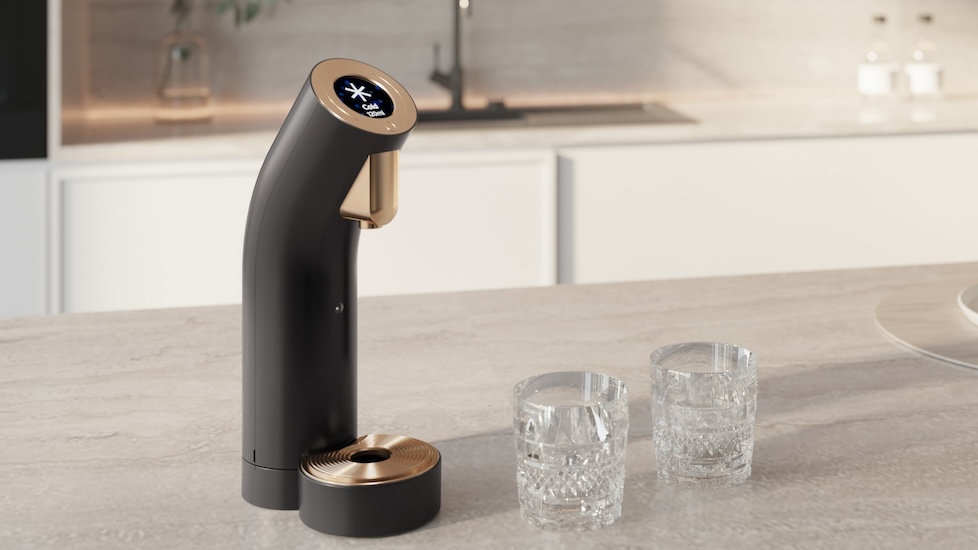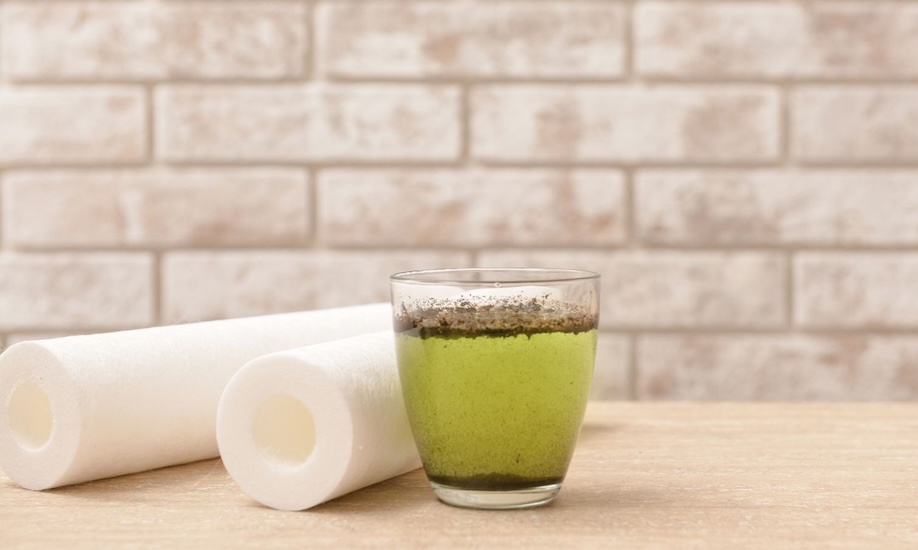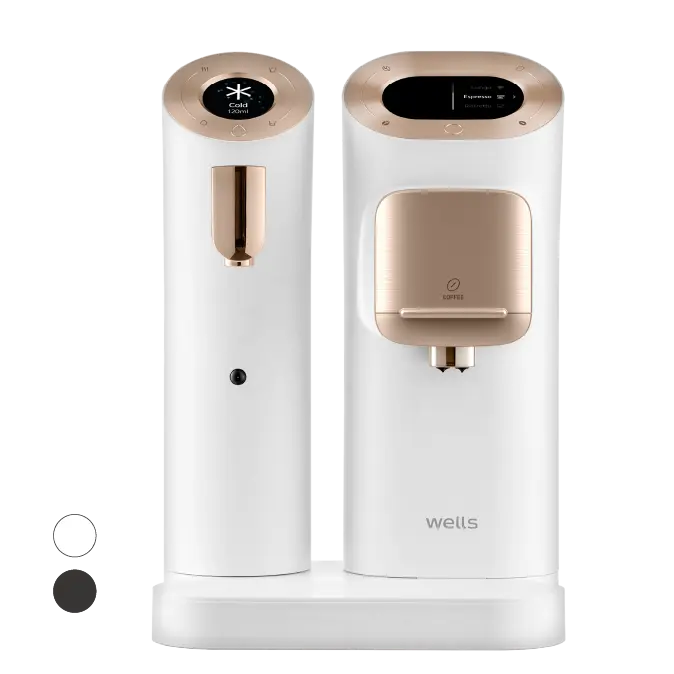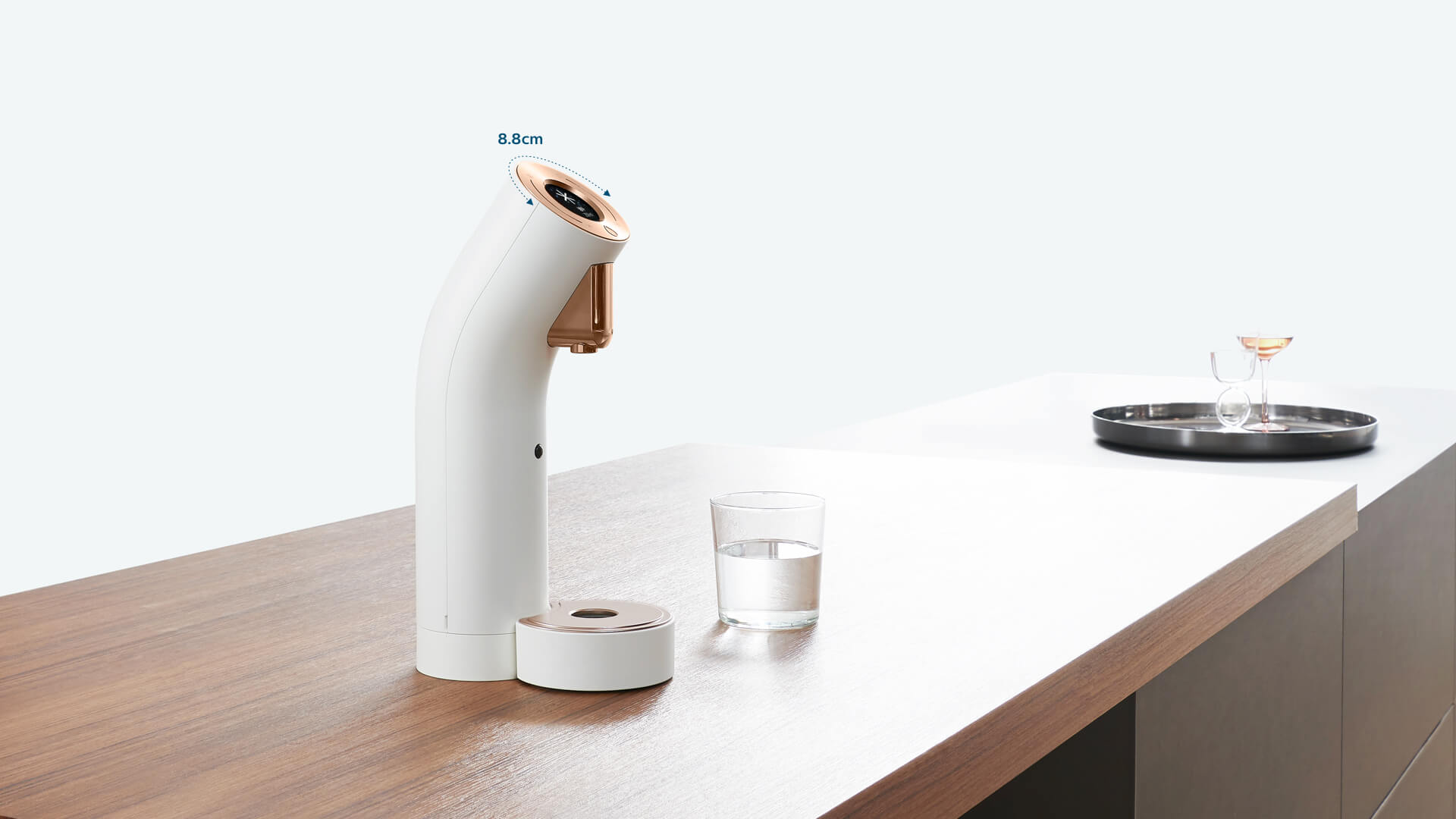Water is life, and clean water is vital in enhancing the overall well-being of human life. It is used for drinking, preparing food, and washing, among other essentials of life. Water-born diseases are numerous and vary from gastrointestinal infections to skin diseases and chronic illnesses. These adverse health effects are likely to be avoided when clean water is provided to the community.
Malaysian tap water is also a major concern regarding water quality since it depends on the Malaysian region and the tap water infrastructure. This article aims to evaluate whether water filters are relevant for Malaysian homes. Our focus will be on the current water quality in Malaysia, where we will discuss the common contaminants found in the water source today and the advantages associated with using water filters to bring about quality and clean water.
Water Quality in Malaysia

Municipal Water Supply
Municipal water in Malaysia is safe due to the safety standards set by the country’s Ministry of Health. These standards require that treatment and disinfection processes be adequately done to remove hostile microorganisms and pollutants so that water can be fit for drinking. Such standards are policed through monitoring and testing to ensure compliance with the acclaimed standards.
Despite the robust safety measures, there are potential issues that can impact the quality of municipal water:
- Residual Chlorine: Chlorine is preferred as a water disinfectant, but sometimes, the water supply contains remnant chlorine. This can also cause an unpleasant taste in the mouth and, in large amounts, have certain effects on health.
- Sediments: Suspended particles such as clay or silt from water treatment or old and rusty pipes can settle in the water supply, cause turbidity, and contaminate the water with pathogenic microorganisms.
- Contaminants from Aging Pipelines: These gradually degrade, leading to leakage and discharge of pollutants like lead and other toxic media into the water to dangerous levels for consumers’ health.
Rural Water Supply
In rural areas, the water supply is often more susceptible to contamination due to various factors:
- Agricultural Runoff: Some of the effects of farming include water supply pollution through pesticides, fertilizers, and other chemicals used.
- Industrial Discharge: Volatile activities in industries, such as the disposal of waste products and fluids, can lead to a situation where water resources near the industries are contaminated with some lethal chemicals and heavy metals.
- Inadequate Infrastructure: Adequate water treatment and distribution channels are unavailable in rural settings, making water contamination from one source easier.
Common Water Contaminants in Malaysia

1. Chlorine and Chloramine
Chlorine and chloramine are the most common disinfectants used by water treatment facilities in Malaysia. These chemicals kill bacteria, viruses, fungi, and other pathogens, making the water more suitable for drinking.
Although effective chemical disinfectants, chlorine and chloramine will likely produce tastes and odors in the water, ordinary chlorine continues to give a bleach-like taste. In contrast, chloramine, formed by a combination of chlorine and ammonia, gives a slightly medicinal flavor. Some residual chemicals disgust some consumers, so the overall drinking water experience is interfered with.
2. Heavy Metals
Heavy metals like lead and mercury can pollute the water supply in several ways. Decaying pipes are a good source of lead. At the same time, industrial pollution can bring other metals into the water sources.
The immediate effect of heavy metal exposure is dangerous to the human body. Lead has been known to cause developmental problems in children or neurological problems in adults. Mercury is toxic to the kidneys and a nervous system poison. Long-term intake of these contaminants causes severe and even irreversible health impacts.
3. Microbial Contaminants
Water resources can harbour bacteria, viruses, and parasites that affect those who use them, especially in regions with poor water treatment systems. Such microorganisms can cause numerous infections, from gastrointestinal to more dangerous ones.
Microbial water contamination in rural areas is a major problem resulting from agricultural runoff, poor hygiene practices, and a lack of water treatment facilities. Therefore, water treatment and filtration procedures must be implemented in these regions to protect users’ health.
4. Sediments
Various materials, including sand, rust, and particles, can get into water from various places, including old pipes and natural water reservoirs. These particles can attach themselves to the walls of the water channel, deteriorating water quality.
In fact, sediments make water dirty, making it unattractive to the eye. These particles, in addition to changing the colour of the water, also change its taste, making it unpalatable. Other challenges regarding sediments include the fact that they contain pathogenic microorganisms that pose other health complications.
Benefits of Using a Water Filter in Malaysia

Improved Taste and Odor
It is widely perceived that a water filter enhances taste and odour. Common tap water contains chlorine and other chemicals during the water-cement, making it bad taste and smell; water filters effectively remove them. Since these substances are filtered out, the water tastes and feels much more satisfying.
Health Safety
Filters also help increase health safety by removing most metals and pathogens in the water. They can exclude particles like lead, mercury, and all the other hazardous heavy metals that can elude outworn pipelines or be generated by industry pollution. Also, water filters can remove bacteria, viruses, and parasites, drastically reducing the incidence of waterborne diseases and providing you and your family with safer water to drink.
To learn more about the health benefits, check out the top benefits of filtered water
Convenience
Using a water filter has the advantage of having safe and clean drinking water dispensed from your tap without buying bottled water. This helps do away with the hassle of buying bottled water, the inconveniences that come with it, and the fact that it is unfavorable to the environment. A water filter saves time and energy by offering clean and safe water anytime.
Cost-Effectiveness
Paying for a water filter is recuperated in the long run instead of buying bottled water repeatedly. Though the filter requires an initial investment and periodic replacement, the total cost is significantly lower than that of multiple water bottles. This makes water filters an economical way of providing people with safe drinking water and also helps manage plastic waste and pollution.
Conclusion
While municipal water is generally regulated and treated to meet safety standards in Malaysia, potential issues remain, such as residual chlorine, sediments, and contaminants from ageing pipelines. Rural areas face higher risks due to agricultural runoff, industrial discharge, and inadequate infrastructure, making water quality more variable and often less reliable.
By using water filters, Malaysians can enjoy better-tasting, safer, and more convenient drinking water, ensuring the well-being of their families and contributing to a healthier lifestyle.







